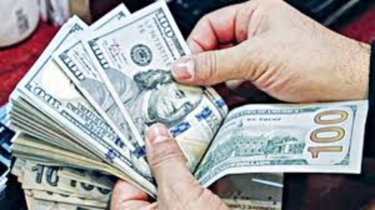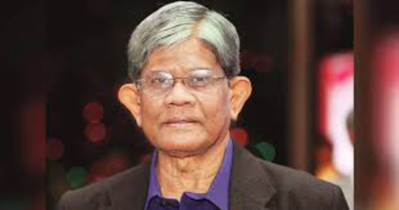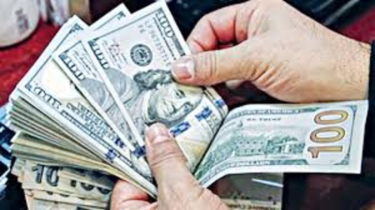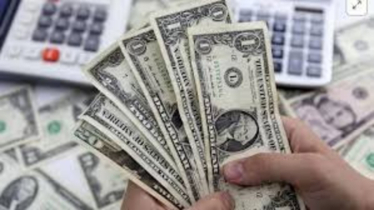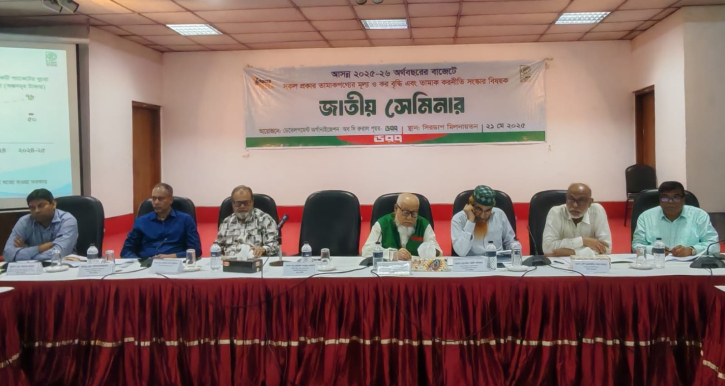
To protect public health and achieve a tobacco-free Bangladesh, Development Organisation of the Rural Poor- DORP, alongside journalists, social leaders, and policymakers, have called for an increase in tobacco product prices and taxes, as well as reforms to the tobacco tax policy, in the upcoming national budget for FY 2025–26.
This demand was raised during a national seminar titled “Increasing the Price and Tax on Tobacco Products and Reforming the Tobacco Tax Policy in the National Budget for FY 2025–26”, held on Wednesday (May 21) at the CIRDAP Auditorium.
In a national seminar held on May 21 at the CIRDAP auditorium, Development Organisation of the Rural Poor (DORP), along with journalists, prominent social figures, and policymakers, collectively called for an increase in tobacco product prices and taxes in the upcoming national budget for the fiscal year 2025–26. The call was made with the aim of safeguarding public health and advancing the goal of a tobacco-free Bangladesh.
The seminar, presided over by DORP’s Founder and CEO AHM Noman, highlighted the urgent need to reform the existing tobacco tax structure. Special guests included Md. Akhtaruzzaman (Joint Secretary), Director General of the National Tobacco Control Cell; Hossain Ali Khondaker, former Additional Secretary at the Health Services Division; and Munshi Alauddin Al Azad (Retired Joint Secretary), Member of the BDR Investigation Commission. Numerous social leaders and university students were also present, lending support to the cause.
The event also acknowledged the World Health Organization’s decision to honor the National Board of Revenue (NBR) with the 2025 World No Tobacco Day (WNTD) Award. On behalf of the NBR, Md. Tarek Hasan, First Secretary (Tax Policy), was in attendance and received congratulations from the seminar participants.
A major focus of the seminar was the demand to merge the low and medium tiers of cigarettes and set the minimum retail price for a 10-stick cigarette pack at BDT 90. Speakers argued that the current pricing gap between the low and medium tiers is so narrow that consumers frequently shift from one to the other, undermining the impact of price hikes. By consolidating these two tiers and increasing the price, they believe that smoking rates, particularly among youth, can be significantly reduced. According to their projections, such reforms could help prevent approximately 900,000 premature deaths among young people in the long run.
Mohammad Zobair Hasan, Deputy Executive Director of DORP, presented the keynote paper detailing budget proposals. These included setting the minimum retail price of a 10-stick cigarette pack at BDT 90 for the merged low and medium tiers, retaining BDT 140 for the high tier, and setting BDT 190 for the premium tier. He also proposed maintaining a 67% supplementary duty, 15% VAT, and a 1% health development surcharge on the retail price of cigarettes.
Other tobacco products were also addressed. The proposed prices include BDT 25 for 25-stick non-filtered bidis and BDT 20 for 20-stick filtered bidis, both subject to a 45% supplementary duty. For smokeless tobacco, the suggested retail price is BDT 55 for 10 grams of jarda and BDT 30 for 10 grams of gul, with a 60% supplementary duty. A 15% VAT and 1% health surcharge are to remain applicable across all tobacco products.
In his remarks, Md. Akhtaruzzaman highlighted the inefficiency of the existing four-tier pricing system for cigarettes. He explained that the minimal price difference between the low and medium tiers enables consumers to shift between them, diluting the intended impact of price-based control measures. He endorsed the proposal to merge these tiers, stating that such a move in the FY 2025–26 budget would discourage smoking among both low-income groups and the younger population.
Adding to this, Munshi Alauddin Al Azad projected that the proposed reforms could reduce the national smoking rate from 15.1% to 13.03%. Approximately 2.4 million adult smokers might be encouraged to quit, and 1.7 million youths could be discouraged from initiating smoking. In the long term, this could prevent 864,758 adult deaths and 869,000 youth deaths due to tobacco-related illnesses. Furthermore, the proposed tax reforms could generate an additional BDT 200 billion in revenue—a 43% increase over the previous year.

.png)
